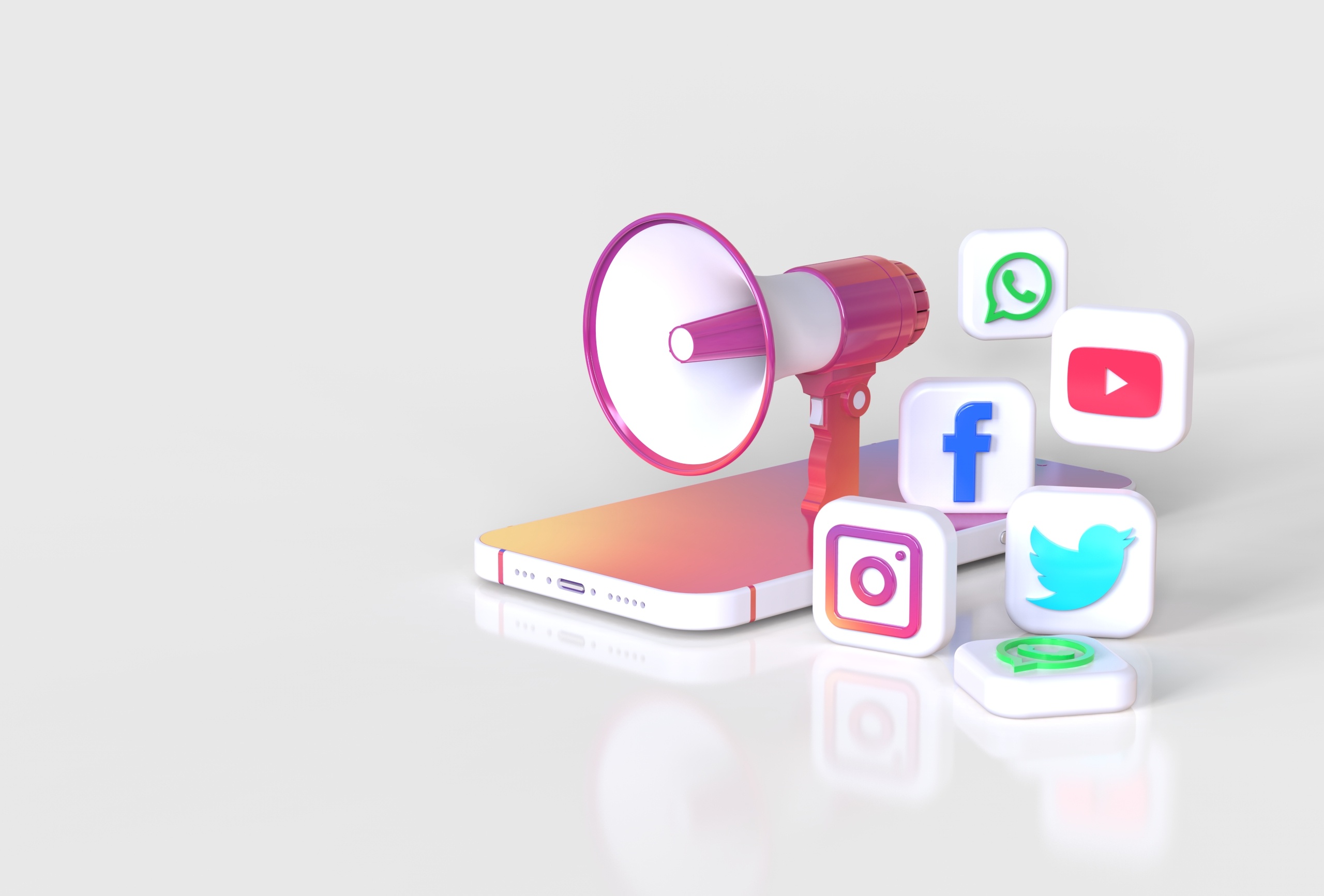By Gabriella Davies
In this day and age, we are fixed to our phones, and yes we are all guilty of this. Within the last five years we have witnessed the rise of TikTok and BeReal and as of the 5th January 2024, Tik Tok has over 1 billion active users, Instagram has 1.4 billion and Snapchat has 750 million. However, despite this global excitement, the number of users deciding to take breaks from or leave their social media accounts entirely, has increased greatly. According to a recent survey in the United States, as of the end of 2023, 34% of ‘Gen Zers’ quit social media, and 64% have decided to take breaks.
Yet one important question remains: what has caused this wave of anti-social media? There are a multitude of factors which have contributed to the rise in non-social media users, from the noticed effects that social networks have on an individual’s mental health, such as depression or body dysmorphia, to the influence of celebrities. In regards to mental health, a recent survey by Wallaroo Media states that 41% of young people find that social media platforms increase their nerves and anxiety. A report from the National Institute of Health found that social media causes increased stress through comparison, fear of missing out, cyberbullying and pressure to create content. This information has influenced users to enjoy their own lives, instead of yearning for another. Even celebrities, such as Ryan Gosling and Keira Knightly agree with this lifestyle choice. In 2011, Scarlett Johanson famously said: “I can’t think of anything I’d rather do less than have to continuously share details of my everyday life.”
For many people, social media plays a large part in their lives and allows them to connect with friends globally, therefore some may question what the benefits are of taking a break from social media? It is likely that individuals who choose to disengage with social media could see signs of improved sleeping patterns, a significant decrease in stress levels, an improvement in happiness and mood, as well as eased anxiety and more free time. This means that one’s mental health would improve, allowing for more time to be spent with friends in person, enjoying each moment as they happen and taking up hobbies. Whether this is football to reading or crochet, these activities can increase a sense of calm, and the lack of blue light can increase alertness and decrease tiredness during the day.
We have discussed the views of professionals and young people around the globe, but what do the students and staff at St Augustine’s Priory think about the possibility of taking a break from social media? Over the past month, individuals have aided my research into this topic by answering a survey. Collecting information from the 14-16 and 17-18 age brackets, as well as from teachers, it was found that the majority of individuals, 28.6%, have 3 social media accounts. However, the individuals with 1 account and those with 6+ accounts, were equal at 23.8%, showing that nearly a quarter of individuals do not use social media as much as others. ⅓ of individuals spend over 3 hours a day on social media platforms, whilst 66.7% spend 1 to 2 hours a day on social media. When answering arguably the most important question, ‘Would you ever consider taking a break from social media?’, 57.1% answered ‘yes’ and 23.8% said ‘maybe’.
Overall, world-wide, the younger generations have become aware of the importance of mental health and how it is affected by our usage of social media. However, despite the action being taken to combat the negative effects of social media, the numbers of accounts being created are not slowing. In 2023, 4.9 billion people used social media globally and this figure is expected to grow to 5.85 billion users by 2027. Although the excitement around social media is to continue to progress for the foreseeable future, the research behind the benefits of taking time away from social networks, particularly the positive effects in can have on the human brain and body, is becoming increasingly appealing to the youth. Therefore, the idea of an anti-social media lifestyle can be deemed a movement rather than merely a trend, especially when considering the views of those in our school.
Results from the survey:
How many social media accounts do you use?
How long do you spend on Social Media each day?
Would you ever consider taking a break from Social Media?
